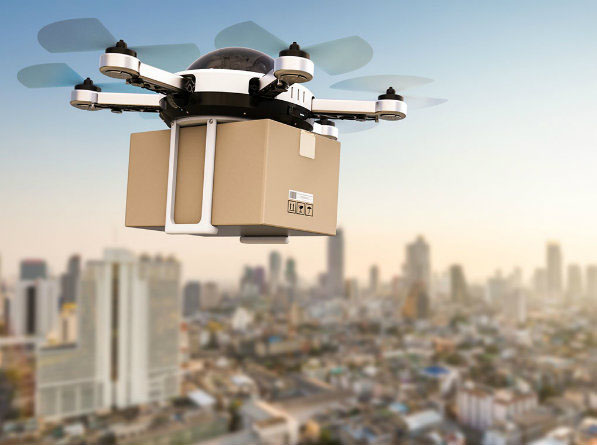Lawyer
The use of drones for the delivery of goods is becoming more and more common in today's world. This technology has great potential to optimize logistics and improve customer service. However, with the development of this innovation comes new legal challenges related to security, privacy and liability for possible violations. Let's consider the main aspects of the regulation of the use of drones for the delivery of goods and the issue of responsibility.
Legislative framework
Legislation governing the use of drones varies greatly by country. In Ukraine, the use of drones is regulated by the Rules for the Use of Airspace and other legal acts. Consulting a lawyer will help you understand what regulations apply to your business, as well as what permits and licenses are required to legally use drones. The analysis of documents related to airspace regulation is critical to ensuring compliance with legislative requirements.
Obtaining permits and licenses
The use of drones for commercial purposes, such as the delivery of goods, requires obtaining the appropriate permits and licenses. This may include a license to operate unmanned aerial vehicles, an airspace permit, and other necessary documents. A legal opinion from an attorney will help determine exactly what permits are required in your jurisdiction, as well as what requirements must be met to obtain them. Analysis of documents and preparation of applications for obtaining permits are important stages of this process.
Security and privacy issues
The use of drones to deliver goods raises significant security and privacy concerns. Drones must be used in a way that does not threaten people's safety or violate their right to privacy. Legal advice will help develop policies and procedures aimed at ensuring flight safety and protecting private data. A lawyer's legal opinion on the compliance of your activity with security and privacy regulations will help to avoid possible legal problems.
Liability for violations
The question of liability arises in the event of a violation of the rules for the use of drones. This may involve both administrative and criminal liability, depending on the nature of the violation. It is important to determine who is responsible for possible incidents – the drone operator, the delivery company, or the equipment manufacturer. An analysis of the documents governing liability for the use of drones will help establish clear limits of liability. The lawyer will provide advice on possible consequences of violations and develop strategies to minimize risks.
Insurance
One way to minimize the risks is to have liability insurance for the use of drones. This may include insurance against damage to the drone, liability to third parties and other types of insurance. Consultation with a lawyer will help determine which types of insurance are most appropriate for your business. A lawyer's legal opinion on the terms of insurance contracts will help to avoid unexpected problems in the event of insurance incidents.
International aspect
If a company's drone operations extend beyond the borders of one country, international law must be considered. This may include airspace regulation, flight safety requirements and other regulations. Consulting an international law lawyer will help you understand the requirements of different jurisdictions and ensure compliance with international standards. A legal opinion on compliance of the company's activities with international norms will ensure legal protection at the global level.
Conclusion
Regulation of the use of drones for the delivery of goods requires careful compliance with legislative norms and ensuring security and privacy. From obtaining permits and licenses to developing security and insurance policies, every aspect requires professional legal advice. Analysis of documents, preparation of legal opinions and development of strategies to minimize risks will help ensure the legality and effectiveness of the use of drones for commercial purposes. A lawyer's legal opinion is an indispensable tool for the successful implementation of this innovation and protection of the company's interests.





























